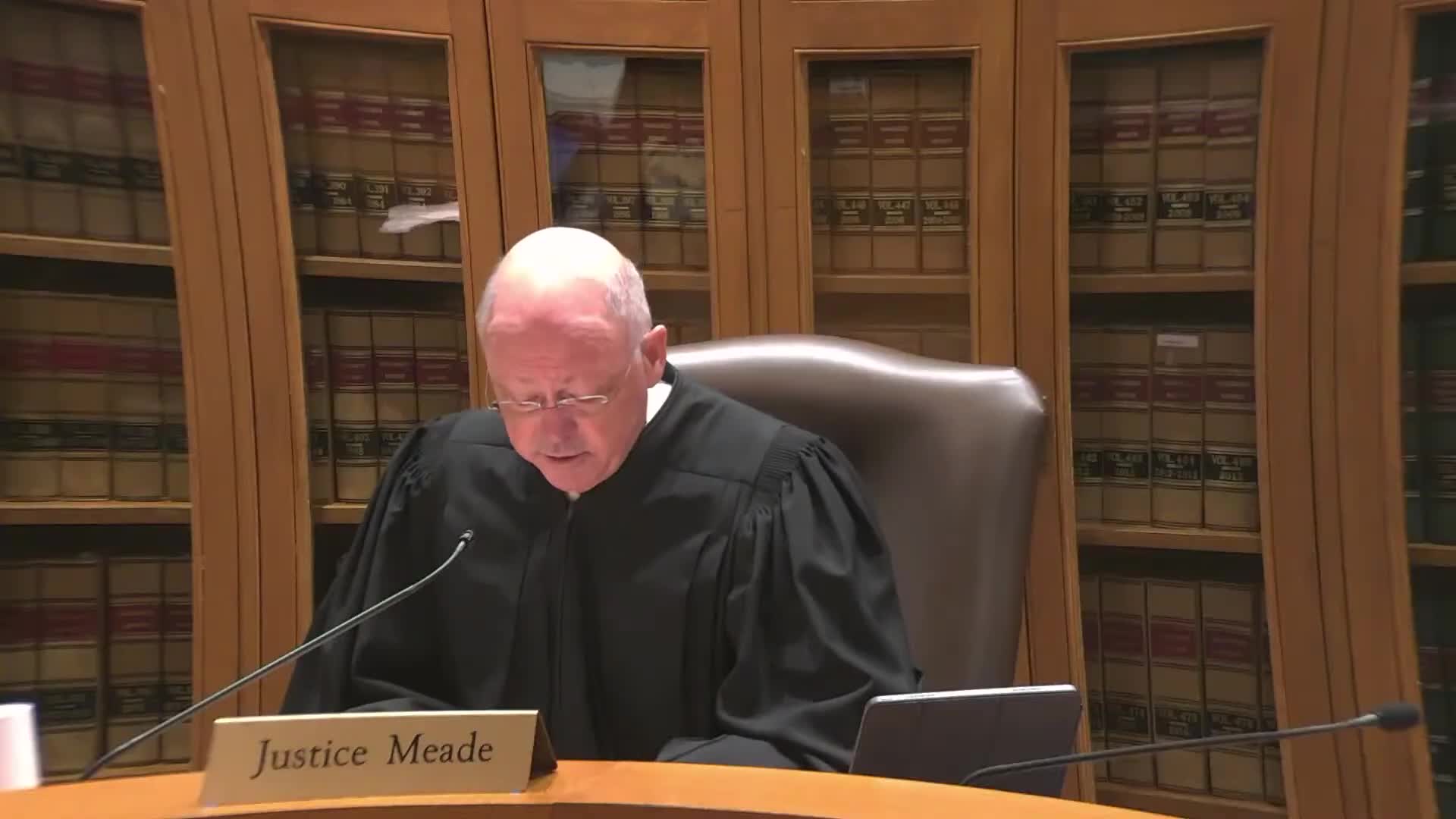Appeals court weighs scope of SJC remand in HSBC Bank USA v. Mary L. Morris
Get AI-powered insights, summaries, and transcripts
Subscribe
Summary
A three-justice panel questioned whether the Supreme Judicial Court’s remand left only a single statutory counterclaim live and whether the bank is barred from later seeking a deficiency; the court asked appellee counsel to file a Rule 22 letter and took the case under advisement.
A three-justice appellate panel heard oral argument in 24P1073, HSBC Bank USA v. Mary L. Morris, focusing on what the Supreme Judicial Court’s (SJC) order left for the housing court to decide and whether Morris may pursue statutory remedies and fees. Justice Bead, seated with Justices Ditkoff and Toon, allocated 15 minutes per side and opened questioning.
Mary L. Morris, appearing pro se, told the panel she was under a doctor’s order not to argue and invoked the Americans with Disabilities Act to request assistance; the court encouraged her to proceed. "I am under a doc order not to argue today," Morris said, and the presiding justice replied, "You're doing just fine, mister Morris." Jordan Schur of Hauser LLP, counsel for the appellee/trust, argued the appellant misreads the SJC order and that the SJC remanded only a single statutory counterclaim while leaving other aspects of the judgment undisturbed.
The panel focused its questioning on two related issues: whether the SJC’s opinion affirmatively left the housing court’s possession judgment intact or whether possession remains entangled with the remanded counterclaim, and whether Morris may pursue monetary damages or attorneys' fees under the statute discussed in the briefs (referred to in argument as "15 b 2"). Counsel told the court the loan has been unpaid since 2008 and that foreclosure, sale and later summary-judgment rulings have already occurred; counsel said the appellee is not seeking a deficiency judgment in this action.
Justices probed the practical and legal consequences of the SJC footnote that the Morrises "may pursue damages sufficient to extinguish their deficiency" even though, counsel said, the plaintiff is not pursuing a deficiency now. The court asked how the parties could close out the possibility the plaintiff might pursue a deficiency in the future; the bench said a clear record in the housing court and a post-argument filing would help.
In response, the court requested the appellee file a Rule 22 letter memorializing its representation that it will not pursue a deficiency judgment in a separate action. Counsel agreed to file such a letter after argument. The panel indicated it would take the matter under advisement after hearing the targeted dispute about the remand’s scope and the availability of statutory remedies.
The court did not announce a decision at the session; next steps are the appellee’s filing of the Rule 22 letter and awaiting the panel’s written disposition.
